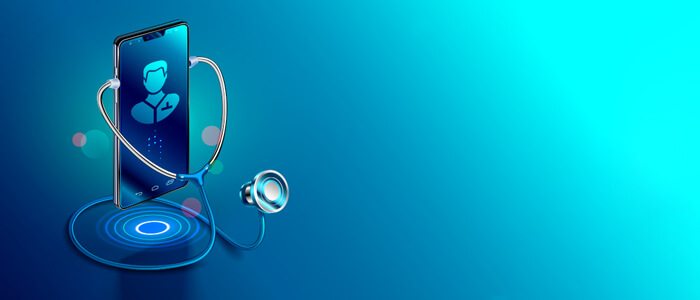
Picture this: you’re in bed, you can barely stand, and you’re pretty sure you’re contagious. But, instead of hauling yourself out of bed and into the cold for an 8 am queue at the doctor’s surgery, you simply open up FaceTime.
It sounds a bit Back to the Future, but for 40,000 patients in Manchester, this is reality. Virtual assessments and video appointments are becoming increasingly common in the NHS, with pilot schemes proving popular with patients and doctors alike.
In fact, it’s estimated that 20% of appointments will be via video consultation by next March, bringing significant benefits including:
We’re not quite welcoming the hologram doctor just yet. Instead, patients upload their symptoms and any images to a platform in advance of the appointment. Doctors then assess this information and either respond via message, telephone or video, or allocate a face-to-face appointment if necessary.
For one doctor’s surgery in Greater Manchester, this process has resulted in a 62% decrease in the need for face-to-face appointments.
The best part for those working in, or looking for, healthcare tech jobs is that this technology is only just getting started.
Aside from obvious expansion into other healthcare services such as sexual health, physiological therapies and mental health support, there’s significant scope for the technology itself. In particular, the industry will be looking for:
And with interest, comes investment. This month, women’s telehealth provider Maven received $45 million in funding and accelerators such as DigitalHealth.London is supporting local startups, such as Push Doctor, with the European Regional Development Fund.
If you’d like to get involved yourself, speak to one of our specialist healthcare tech consultants today – you future cold-ridden self might thank you for it.